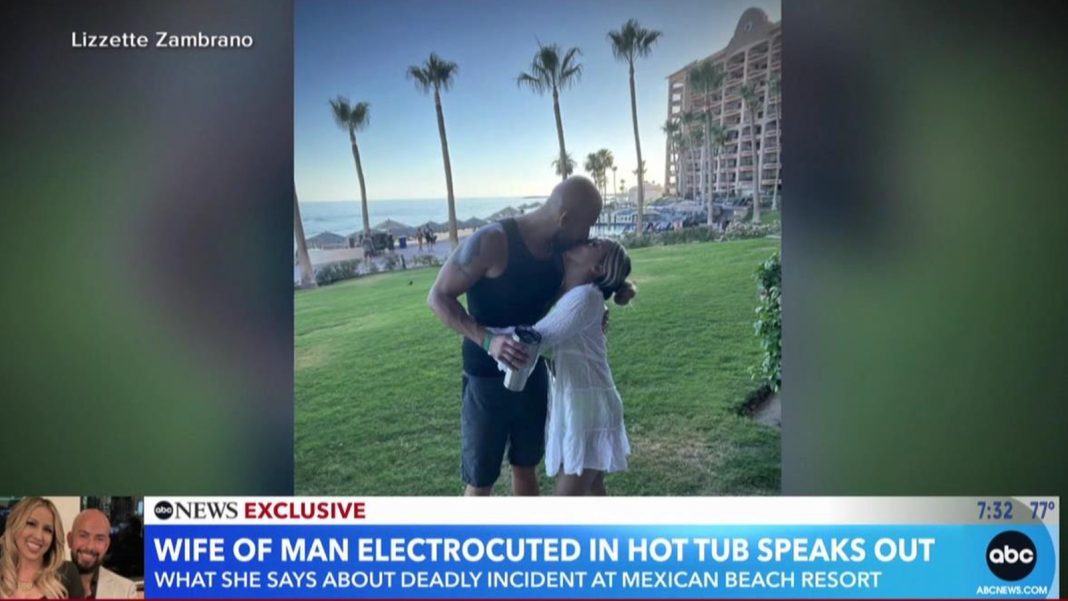The Venezuelan Perspective: Analyzing the Impacts of Sanctions, Migration Crisis, and BRICS Alliance
Introduction:
As Venezuelans prepare to elect a new president, the country finds itself at a critical juncture. In this episode of Deconstructed, Ryan Grim engages in a conversation with Venezuelan Foreign Minister Yván Gil Pinto to gain insights into Venezuela’s bid to join the BRICS alliance, the effects of sanctions on the economy and migration crisis, and the ongoing battle over Citgo.
Venezuela’s Bid to Join the BRICS Alliance:
Pinto, fresh from visits to China and Russia, discusses Venezuela’s efforts to join the BRICS alliance. The BRICS coalition, consisting of Brazil, Russia, India, China, and South Africa, aims to counter Western economic dominance. By aligning with this coalition, Venezuela seeks to strengthen its position and reduce its dependence on Western powers. Joining BRICS could provide Venezuela with access to alternative markets and financial resources, potentially alleviating some of the economic challenges it faces.
Impacts of Sanctions on Venezuela’s Economy:
One of the key topics of discussion is the impact of sanctions imposed by both the Trump and Biden administrations on Venezuela’s economy. These sanctions have severely affected the country’s ability to access international markets and trade freely. As a result, Venezuela has experienced hyperinflation, scarcity of essential goods, and a decline in oil production, which has been a major source of revenue for the country. Pinto highlights that these sanctions have not only harmed the government but also had a detrimental effect on the Venezuelan people, exacerbating their economic hardships.
Migration Crisis and its Connection to Sanctions:
The conversation also delves into the migration crisis that Venezuela is currently facing. Pinto emphasizes that the migration crisis is not solely a result of internal factors but is also linked to the impact of sanctions. The economic collapse caused by sanctions has forced many Venezuelans to seek better opportunities abroad, leading to a significant increase in migration. Pinto argues that addressing the root causes of the migration crisis requires a comprehensive approach that includes lifting sanctions and providing support to the Venezuelan people.
The Battle Over Citgo:
Another crucial aspect discussed is the battle over Citgo, a U.S.-based oil company acquired by Venezuela in 1990. The Trump administration had attempted to transfer control of Citgo to the opposition leader Juan Guaidó, recognized by the U.S. as the interim president. However, Pinto asserts that this move is illegal and violates international law. He emphasizes that Citgo belongs to the Venezuelan people and should not be used as a political tool. The battle over Citgo highlights the complex geopolitical dynamics surrounding Venezuela’s oil resources.
Questioning Venezuela’s Human Rights Record:
Grim raises concerns about Venezuela’s human rights record, a topic that has been widely debated. Pinto acknowledges that Venezuela faces challenges in this area but argues that the country has made significant progress in addressing human rights issues. He points out that Venezuela has cooperated with international organizations and has taken steps to improve its human rights situation. However, he also highlights the need for a fair and unbiased assessment that takes into account the complexities and external pressures faced by Venezuela.
Conclusion:
The conversation with Venezuelan Foreign Minister Yván Gil Pinto provides valuable insights into Venezuela’s bid to join the BRICS alliance, the impacts of sanctions on the economy and migration crisis, and the battle over Citgo. It highlights the multifaceted challenges faced by Venezuela and emphasizes the importance of a comprehensive approach that considers the country’s geopolitical context. By engaging in dialogue and understanding different perspectives, we can gain a deeper understanding of the complexities surrounding Venezuela’s current situation.

